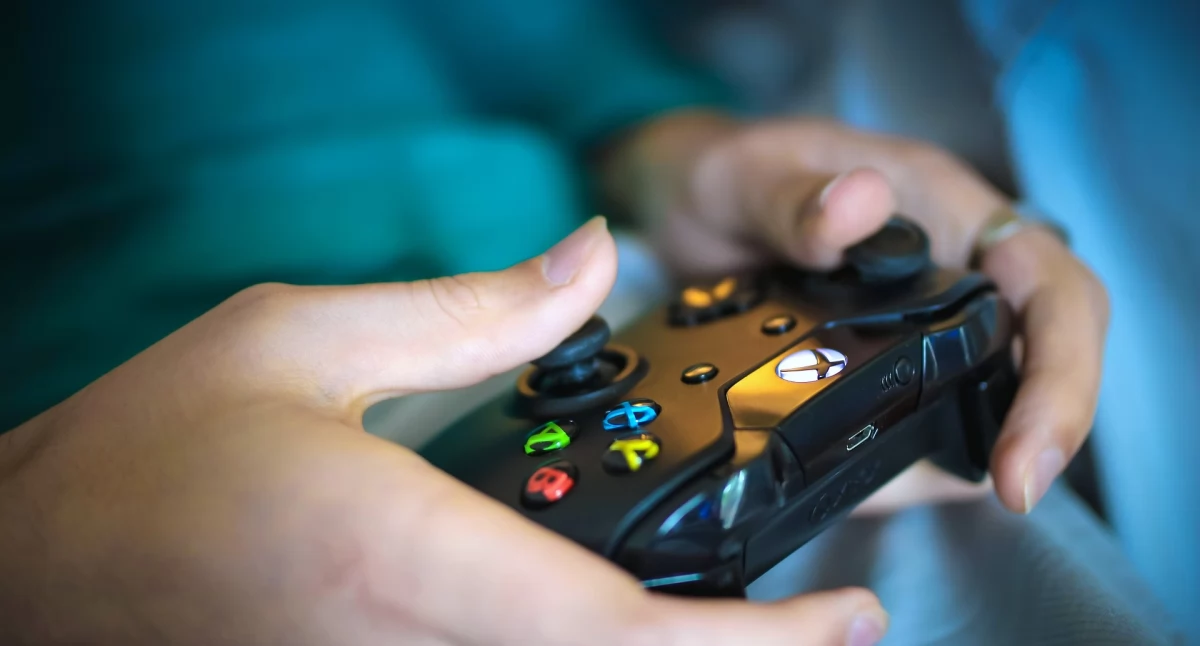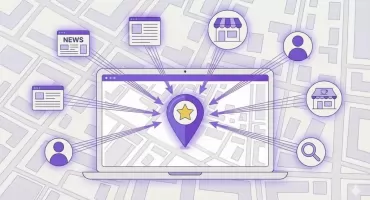
From Couch Co-Op to Online Squads: The Evolution of Multiplayer Communities

Spis treści
There was a time when multiplayer meant one thing: squeezing side-by-side on a sofa, passing around controllers, and trash-talking your friends over split-screen mayhem. It was raw, chaotic, and intensely social. But fast-forward to today, and the multiplayer experience has gone far beyond couch co-op; it now spans continents, voice channels, and virtual arenas.
Online play hasn’t just replaced local gaming; it’s transformed it entirely. As games have grown in scope and ambition, so too have the ways we connect inside them. Multiplayer communities have morphed into digital societies where collaboration, competition, and community-building thrive in ways early gamers could never have imagined.
From Local Legends to Global Rivals
In the early 2000s, LAN parties and local split-screen were still king. But as internet speeds climbed and consoles embraced online capabilities, multiplayer took a leap and never looked back. Titles like Halo 2 and Call of Duty 4 helped pave the way, creating spaces where skill could be showcased not just among friends, but on global leaderboards.
And today, it’s easier than ever to be part of that global scene. Take the accessibility offered by Xbox game pass core, for example, it gives players the essential online features to join matches, build squads, and dive into fast-paced multiplayer without missing a beat. It's a streamlined way to stay connected with your favourite games and the people who make playing them more memorable.
Building Bonds, Not Just Lobbies
Multiplayer gaming isn’t just about scoring kills or completing objectives – it’s about the connections built in between. Online play has given rise to persistent friend groups, voice chat banter, and even communities that span years and multiple game titles. Whether you're playing Apex Legends with longtime teammates or jumping into a random squad in Fortnite, the social experience is integral to the gameplay itself.
These evolving communities aren’t confined to AAA shooters or MOBAs either. Cozy co-ops like It Takes Two and sandbox hits like Minecraft show that shared experiences, not just competition, are at the heart of modern multiplayer.
The Rise of Cross-Play and Inclusivity
One of the biggest shifts in recent years has been the move toward cross-platform play. No longer are players bound by their device of choice – PlayStation users can now team up with Xbox or PC players, breaking down barriers that once fragmented the gaming world. This inclusivity has fueled tighter-knit communities and brought multiplayer experiences to a broader audience than ever before.
It’s also helped level the playing field. With unified servers and matchmaking systems, players are no longer siloed – they’re part of a collective that’s diverse, dynamic, and always evolving.
Game Modes That Redefine Connection
From battle royales to social deduction games, multiplayer formats themselves have grown increasingly creative. Titles like Among Us, Valorant, and Sea of Thieves push the boundaries of what multiplayer can be – not just competition or co-op, but shared storytelling, strategy, and surprise.
Modern players aren’t just looking for matches; they’re chasing moments. That one clutch revive, that unexpected betrayal, or that hilarious mic mishap – it’s those unscripted interactions that truly define multiplayer today.
A Connected Future for All
Multiplayer gaming has moved from basements to global servers, from static screens to dynamic ecosystems. Whether you're syncing up for a quick 2v2 or leading a raid with 20 players, today’s online experiences are richer, more social, and more accessible than ever.
Digital marketplaces such as Eneba simplify the process of accessing online memberships and digital gaming services, helping players jump into their favourite experiences without hassle.
Obserwuj nas na  Google News
Google News
Chcesz być na bieżąco z wieściami z naszego portalu? Obserwuj nas na Google News!
Komentarze opinie
Podziel się swoją opinią
Twoje zdanie jest ważne jednak nie może ranić innych osób lub grup.













Komentarze